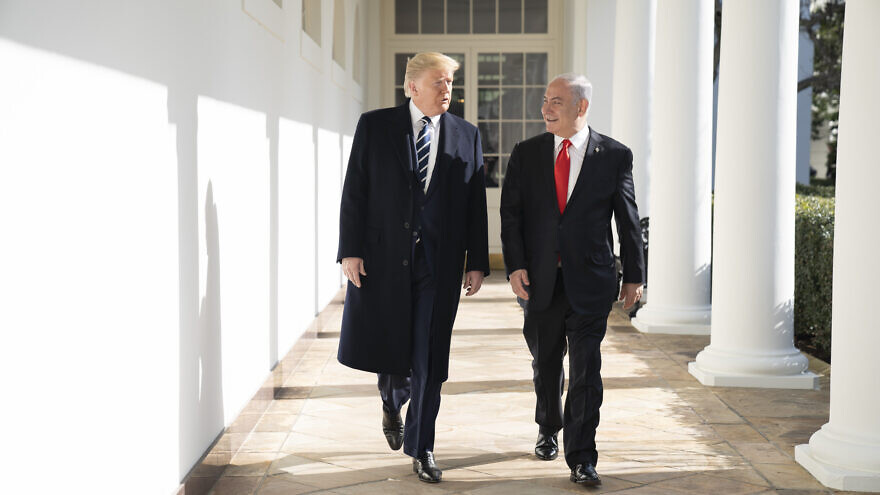ARTICLE AD BOX
The US investment bank says geopolitical risk will continue to be the main driver of the shekel, but macroeconomic fundamentals remain supportive.
In the last week of October, the shekel strengthened by 2.5% against the US dollar, making it the best performing emerging market currency, and bucking the trend of emerging market foreign exchange depreciation versus the dollar ahead of the US presidential election, according to a review of the currency markets by US investment bank Goldman Sachs.
Goldman Sachs estimates that the shekel will strengthen to a rate of NIS 3.6/$ over the next six months, and will continue to strengthen in the foreseeable future. Goldman Sachs forecasts a rate of NIS 3.5/$ in a year’s time and NIS 3.4/$ in 2027.
The reason for the strengthening of the shekel last week, Goldman Sachs says, was "a reduction in geopolitical risk after the weekend as Israel’s targeted strikes avoided Iran energy facilities, which also led to a large fall in oil prices." The investment bank’s survey adds that "looking ahead, geopolitical risk will remain the primary driver of the Shekel, with some gains already eroding as the week has gone on and risks rise again over the weekend. But outside of this, we think macroeconomic fundamentals (and thus valuations) and monetary policy remain currency supportive."
As the risk of escalation in Israel’s confrontation with Iran again rose at the end of last week, the shekel weakened by 0.7% against the US dollar on Friday. The security risks have caused high volatility in the shekel since early 2023, and to an even greater extent after the outbreak of war thirteen months ago. Stabilization of the exchange rate became one of the Bank of Israel’s main goals, and it intervened on the foreign exchange market to that end at the beginning of the war. The sale of $8.5 billion of the central bank’s foreign currency reserves contributed to preventing erosion of the value of the shekel, but the instability because of the security situation did not stop.
Goldman Sachs says that the Bank of Israel can be expected to maintain a restrictive monetary policy. "On the monetary policy front, while the downside surprise in the September inflation print has lowered the chance of a rate hike, the Bank of Israel is nonetheless likely to remain cautious in the face of geopolitical uncertainty and inflationary risks from still wide fiscal deficits to support the war effort," it states.
Published by Globes, Israel business news - en.globes.co.il - on November 4, 2024.
© Copyright of Globes Publisher Itonut (1983) Ltd., 2024.

 2 months ago
142
2 months ago
142








 English (US) ·
English (US) ·